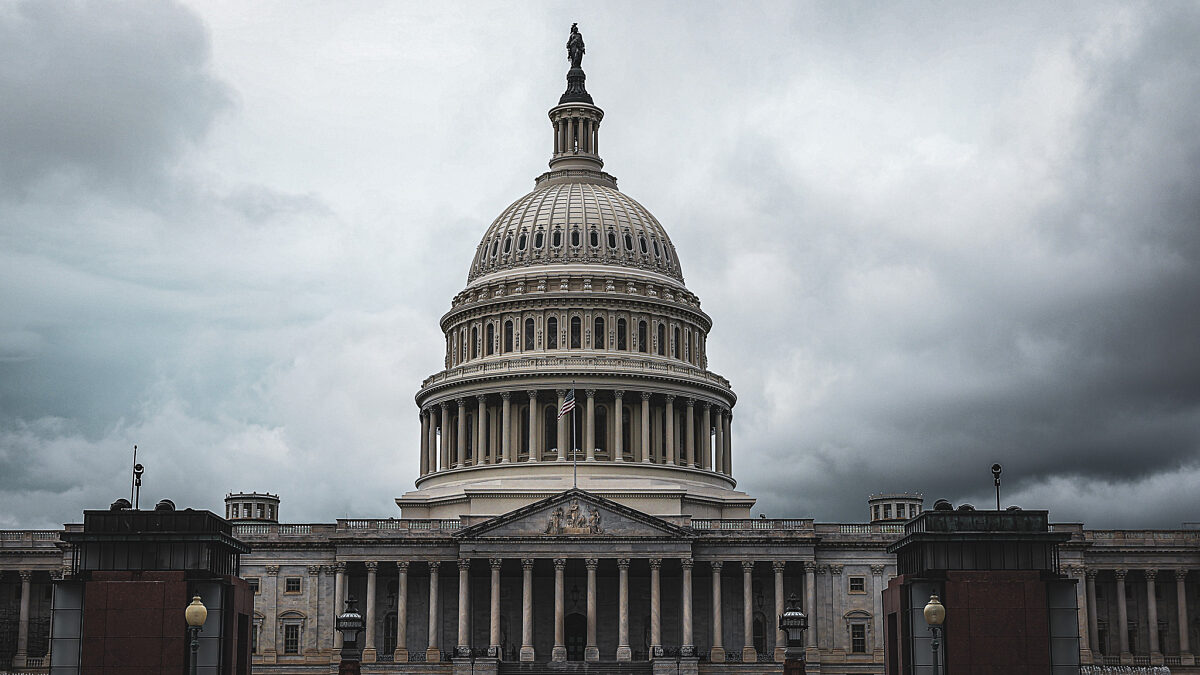Government Shutdown Puts U.S. Farms at Risk
TOPICS
government shutdownZippy Duvall
President

photo credit: AFBF
Zippy Duvall
President
Farmers and ranchers don’t quit when times get tough. When a tractor breaks down, we get out our tools and get to work. When a storm is coming, everyone pitches in to get the crops harvested. And when we disagree on how to handle a problem, we sit down at the kitchen table or gather around the tailgate, and we work it out. That’s what Congress needs to do now to end the shutdown. It’s time for both sides of the aisle to come together, find a solution, and reopen the federal government. Farmers, rural communities, and families across the country are counting on our lawmakers to do their job.
The Federal Shutdown Hurts Rural Communities
Shutting down the federal government has ripple effects across our nation’s economy and communities. It’s not just bringing things to a halt in Washington, D.C.; it also cuts off important programs and services that rural Americans rely on. USDA offices in counties across the country are severely diminished in their staff and capacity. The men and women who work at these offices, serving local farms and ranches, are our neighbors. These federal employees at the local level often live paycheck to paycheck and cannot wait indefinitely as Congress holds up federal funding.
Small- and medium-sized farms have been left without critical reports and data they rely on to buy and sell what they grow. For example, USDA’s Market News—a free service for farmers and ranchers—provides valuable market information to farmers and ranchers who can’t afford a team of economists to help them make market decisions. These are decisions that cannot be put on hold: planting, growing and harvesting seasons do not operate on a congressional schedule.
Farmers don’t shut down when times get tough, and neither should our government.
The Federal Shutdown Hits the Farm Economy
This federal shutdown could not come at a worse time for the farm economy. And let’s be clear, there is never a good time for our government to shut down. Farmers are facing a serious economic storm right now. Row crop prices are low, production expenses are at record highs, and our markets have been severely limited by ongoing trade disputes. A shutdown adds another level of uncertainty for farmers who are barely holding on.
Without local USDA offices fully open, farmers cannot weather this storm or prepare for next year. Farmers cannot take out loans, including mortgages and crop loans, which many will be counting on to help pay for supplies to grow next year’s crops. A federal shutdown also holds up critical disaster payments for farmers struggling to recover from drought, hurricanes, fires and floods that have all taken a toll on crops this year. Without these tools and assistance, many farmers will not be able to afford to grow a crop next year.
The Federal Shutdown Harms Food Securityand Sustainability
Farmers want to feed people, and we want to keep farming to keep our food supply secure and sustainable for families across the country. A government shutdown places our food supply at risk. Farming is tough, even under the best circumstances, but the last several years have been especially hard on farm country with many unable to hold on. According to USDA’s most recent Census of Agriculture, we lost 141,000 farms from 2017 to 2022. Since then, we have lost another 20,000. If we continue to lose family farms, we will see more production shift outside our borders. This not only places our food security at risk but also has serious impacts on our nation’s sustainability goals. When farms go under, many are then sold for development, and that land never returns to agriculture. In the near term, the shutdown is halting new signups for conservation programs that improve soil health and water quality and help farmers fulfill their commitment to protect our natural resources.
America’s farmers are doing everything we can to hold on. We don’t shut down when we hit a challenge because we know families across the nation are counting on us to keep growing food for our tables and pantries. We are now counting on Congress to live up to its end of the bargain to reopen the government and ensure America’s farms can stay open for the health and security of our nation.
